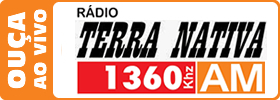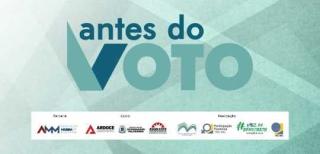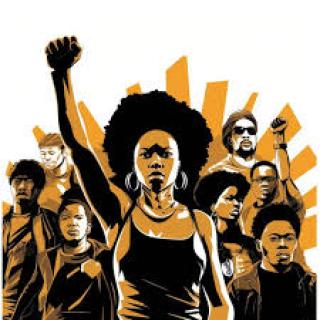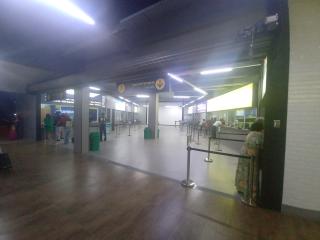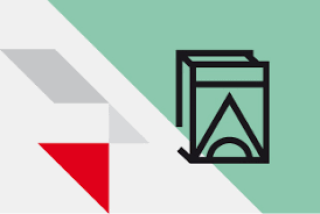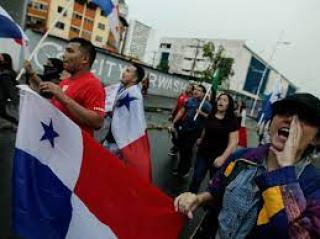If not for all eyes on the war in Ukraine, Venezuela’s plan to host the Kremlin’s International Army Games in August might be getting the attention it deserves. The press office at the U.S. Defense Department declined to comment on the matter last week. But it seems like a big deal.
The competition is Russia’s largest multinational military exercise, according to a June 29 report by the Center for a Secure Free Society. This is the first time it will be held in the Western Hemisphere. Dubbed the “Sniper Frontier,” it’s expected to include “the participation of Russia, Iran, and China’s military, as well as at least 10 other nations,” the center said.
The center’s executive director, Joseph Humire, told me last week that he sees these war games “as an effort to normalize the presence of Russian, Iranian and Chinese military and special operations in the region.” In the short run, he said, “Russia and Iran are likely to be using the exercises to position military assets—notably drones—in the region in preparation for future operations.”
The activity is troubling, coming as it does amid a Latin American political scene that has shifted hard left. Six governments in South America and three in Central America are now in the hands of anti-American, socialist demagogues—or soon to be in the case of Colombia. This means that militaries hostile to the U.S. from outside the region are increasingly able to find welcoming ports of call and nation states that legitimize them.
The next American ally to turn could be Panama, where there has been an explosion of social, economic and political discontent in recent weeks. It happens to be home to the Panama Canal, which handles the shipping of hundreds of billions of dollars in trade annually.
On July 6, teachers-union activists began protests in the small city of Santiago de Veraguas. Demonstrations have spread to every province in the country, a first according to political analysts. Joining the teachers is the large construction workers union known by the acronym Suntracs. Indigenous groups and farmers have also taken their grievances to the public square.
Panama is no different from most of the world’s emerging economies in the aftermath of the Covid-19 pandemic. A government-mandated shutdown of the economy in 2020 bankrupted a large number of businesses and forced others to shrink their workforce. Unemployment is now over 10% and many have had to go to the informal economy to feed their families. Fuel and fertilizer prices have spiked as has the cost of food and medicine.
President Laurentino Cortizo has been slow to respond to the protests. One problem has been the diversity of groups making demands. On July 17 the government thought it had a deal with teachers in Santiago when it promised to provide subsidies to bring gasoline prices to $3.25 a gallon from the market price that had been as high as $6. The next day the teachers refused to end their strike but the gasoline subsidy remains.
On July 20 the Catholic Archdiocese of Panama was invited to act as a mediator between the government and representatives of most major protest groups at a single table. The archdiocese said the groups have agreed on eight prioritized demands, including price controls on food and medicine, higher spending in education, and subsidies for electricity.
Violence has been limited thanks to efforts by law enforcement, in many cases, to resist some protesters’ provocations. But burning tires, trash-blocked roads, and teachers who are still getting paid but won’t go to work have exacerbated the nation’s woes. Truckers can’t distribute imported or local food, farmers are watching their harvests spoil, classrooms are closed, and cash machines are empty. Last week police used force to open some highways temporarily, sparking skirmishes with protesters. But the nation remains largely paralyzed.
A majority of Panamanians are hurt by the chaos. Yet the general public has been in no hurry to defend the democratically elected government. Therein lie the hints of real trouble.
This is not a purely economic uprising. The leadership of the construction workers union are militant leftists, as demonstrated in a 2018 YouTube video in which they chant support for Venezuelan dictator Nicolás Maduro. These opportunists recognize the general loss of confidence in democratic institutions in the country, and they’re making their move.
Panama’s political class is a ripe target, as evidenced by a widely circulated video of ruling-party congressmen drinking expensive whiskey while hardship grips the nation. Panamanians are disgusted by a system in which powerful people carve out privileges for themselves and their cronies but refuse to look for real solutions to problems, such as deregulating labor markets and the process of importing medicines.
We’ve seen this movie before, from Venezuela to Chile and most recently Colombia. Any attempt to diffuse it with price controls and subsidies is at best a Band-Aid. Without structural reforms designed to restore credibility, Panama’s democracy is in grave danger.

